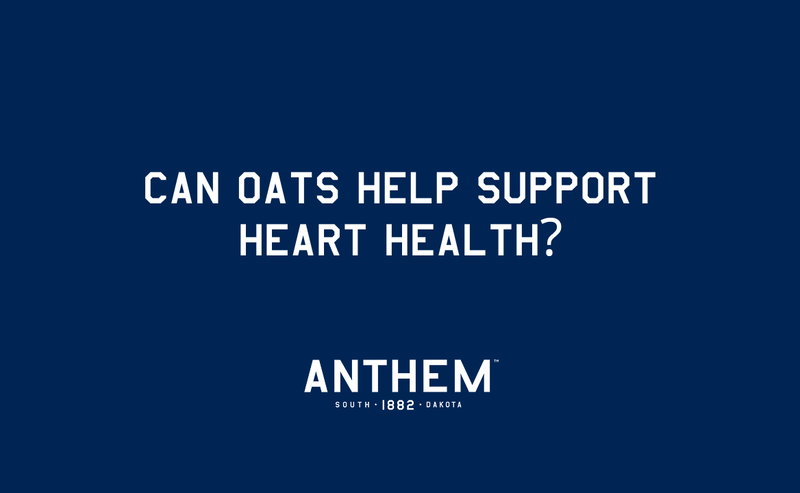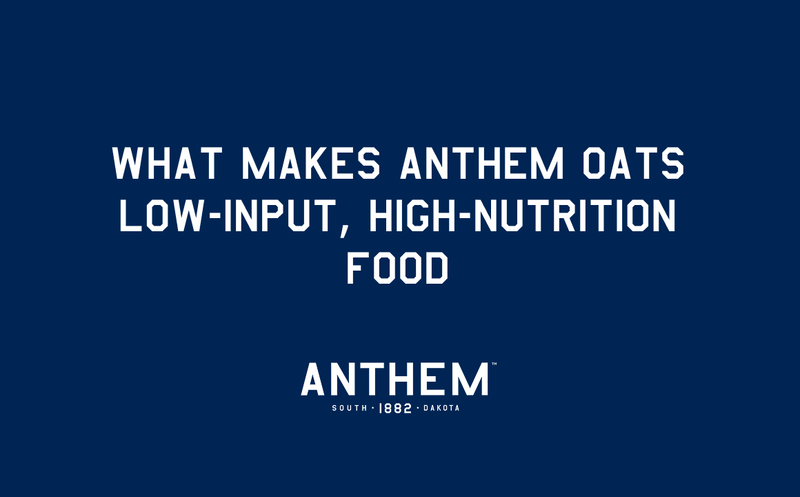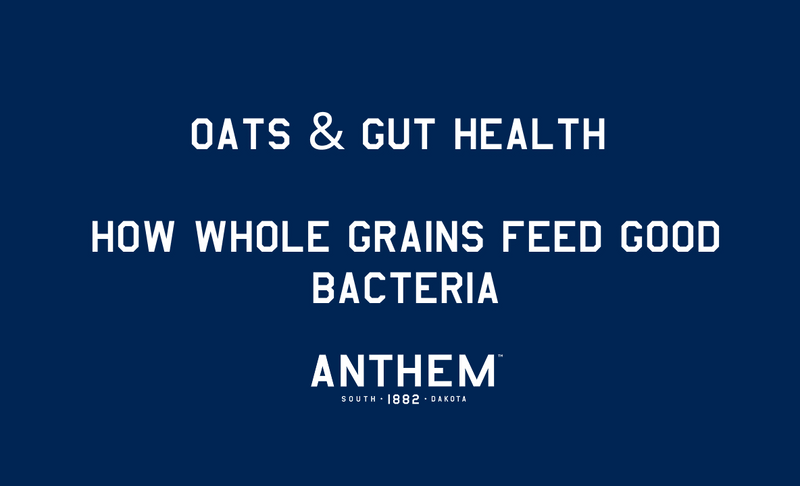
When it comes to heart health, it’s often the everyday choices that matter most. While advanced medicine and new technologies continue to reshape healthcare, decades of research show that simple, consistent dietary habits can make an incredible difference in protecting the heart. One food that consistently rises to the top of the list is oats.
Oats and Cholesterol: The Beta-Glucan Effect
One of the most studied aspects of oats is their effect on cholesterol levels. Oats contain a unique soluble fiber called beta-glucan, which forms a gel-like substance in the digestive tract. This gel binds to cholesterol-rich bile acids and helps carry them out of the body.
Research has shown that consuming just 3 grams of beta-glucan per day (the amount found in about one bowl of oatmeal) can help reduce LDL cholesterol (the “bad” kind) by 5–10%. Lower LDL cholesterol directly lowers the risk of plaque buildup in the arteries, one of the main drivers of heart disease.
Supporting Healthy Blood Pressure
Heart health isn’t only about cholesterol. High blood pressure, often called the “silent killer,” is another major risk factor. Several studies have found that people who include oats in their diet regularly may experience modest reductions in blood pressure.
The reasons are twofold:
-
Soluble fiber helps improve blood vessel function.
-
Antioxidants in oats (avenanthramides, a compound unique to oats) promote the production of nitric oxide, a molecule that relaxes blood vessels and improves circulation.
Together, these effects help lighten the load on the heart and keep the cardiovascular system running smoothly.
Managing Weight and Satiety
Weight control plays a critical role in cardiovascular wellness, and oats can make a real impact here too. Thanks to their fiber content, oats digest slowly and keep you feeling full for longer.
Unlike many refined breakfast options that leave you hungry by mid-morning, a bowl of oats helps curb the urge to snack and makes it easier to maintain steady energy throughout the day. Over time, that satiety can support healthier eating patterns and better weight management, both key factors in protecting the heart.
Beyond Fiber: The Nutrient Profile
It’s easy to forget that oats bring more than just fiber to the table. They are packed with vitamins, minerals, and phytonutrients that all play a role in heart health, including:
-
Magnesium: helps regulate blood pressure and maintain a steady heartbeat.
-
Potassium: supports fluid balance and counters the effects of excess sodium.
-
Iron and B vitamins: essential for healthy blood and energy metabolism.
-
Antioxidants: avenanthramides help reduce inflammation, a key factor in heart disease.
This nutrient density makes oats a compact powerhouse for everyday heart support.
How to Incorporate Oats for Heart Health
The best part? Oats are as versatile as they are beneficial. A few simple ways to bring them into your diet include:
-
Classic oatmeal topped with fruit, nuts, or seeds.
-
Overnight oats prepared with yogurt or milk for a grab-and-go breakfast.
-
Savory oat bowls, swapping in oats for rice or grains at lunch or dinner.
-
Baking with oat flour or adding whole oats to muffins, breads, and granola bars.
Consistency matters more than novelty. Eating oats regularly, even in small amounts, can support heart health over the long term.
Heart Health In Every Bowl
Heart health isn’t built on quick fixes, it’s shaped by small, steady choices over time. Oats stand out because they’re simple, accessible, and proven to make a difference. From lowering cholesterol to supporting healthy blood pressure and keeping hunger in check, they offer a daily dose of protection in every bowl.
Whether you enjoy them warm, overnight, or baked into something fresh from the oven, oats are one of the easiest (and most effective) ways to care for your heart.


